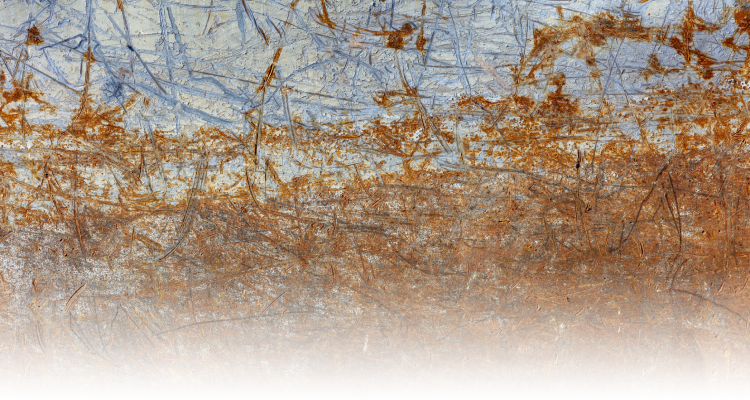Corrosion

Thanks for reaching out!
Here’s some more information about Corrosion
When investigating fires that may have been intentionally set or the result of an accident, laboratory testing of fire debris evidence can be crucial in determining whether ignitable liquids were used to propigate the fire. Armstrong Forensic Laboratory is an accredited testing laboratory that provides such testing services to law enforcement agencies and private individuals.
One of the first steps in laboratory testing of fire debris evidence is the collection and preservation of the samples. This involves carefully collecting debris samples from the scene of the fire and packaging them in airtight containers. The samples are then transported to the laboratory for analysis.
In a fire, the decompostion of electrical insulation (PVC) or other materials in the fire produces corrosive products. Polyvinyl chloride (PVC), a common plastic, cotains over 50% hydrogen chloride (HCI) which when released will corrode exposed metal surfaces. Chloride corrosion on steel surfaces is a catalytic process which is difficult to stop. Testing for acid gase residues can help determine the appropriate level of cleaning or replacement if necessary.
It is important to note that laboratory testing of fire debris is not without challenges. There are many variables that can affect the results of these tests, including the type of material the sample was collected from, the amount of time that has passed since the fire, and the extent to which the fire burned. However, when conducted by qualified professionals such as those at Armstrong Forensic Laboratory, laboratory testing is a valuable tool in fire investigations.
In addition to its testing services, Armstrong Forensic Laboratory also offers expert witness testimony in court cases related to fire investigations. Their licensed and experienced experts can provide testimony about the methods and results of their testing to help build a stronger case for their clients.
Armstrong Forensic Laboratory, Inc is a ISO 17027:2017 accredited by ANSI National Accreditation Board, (ANAB) and is accredited by the Texas Forensic Science Commision (TFSC) for fire debris.
Contact Armstrong
"*" indicates required fields
Contact Armstrong
"*" indicates required fields
